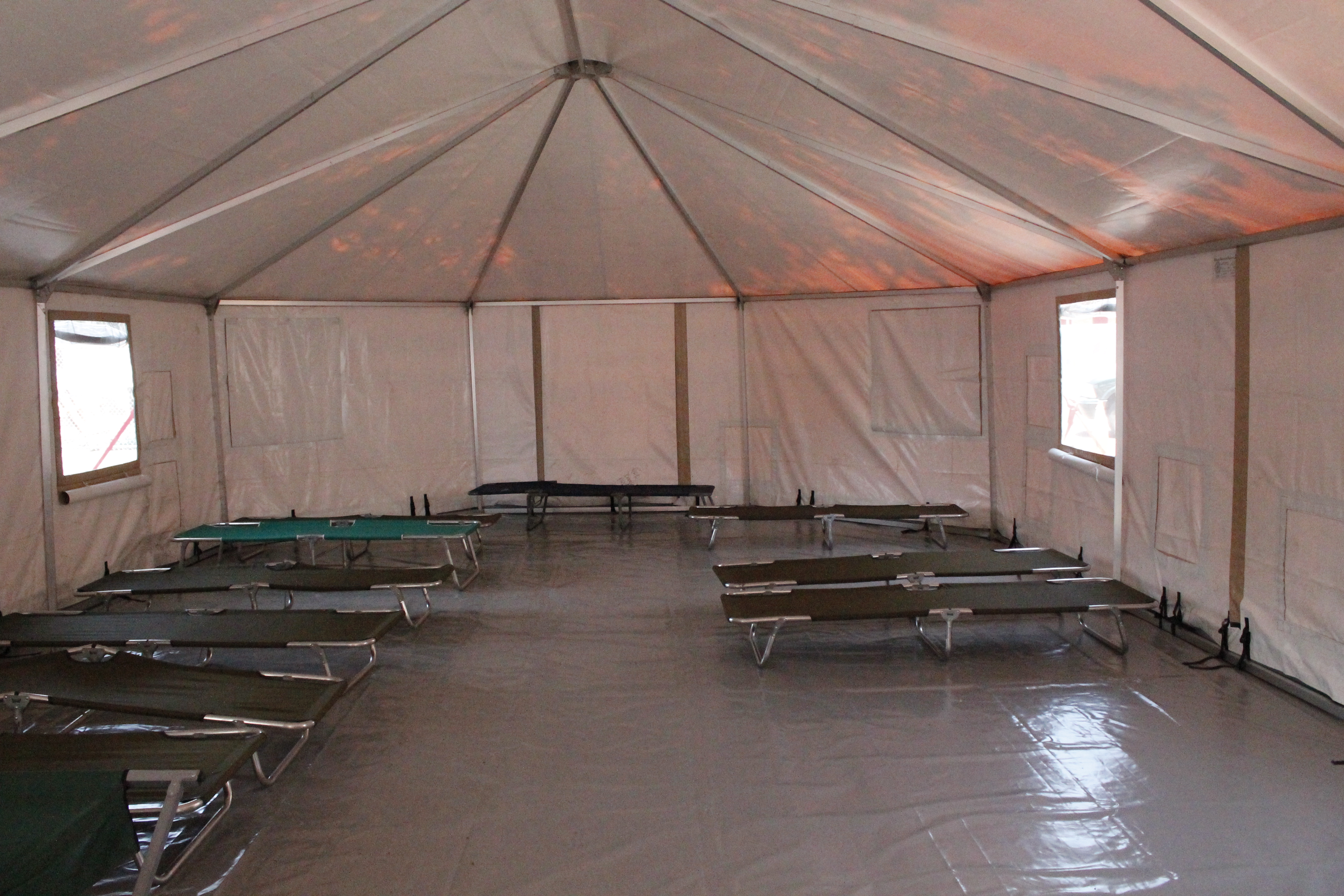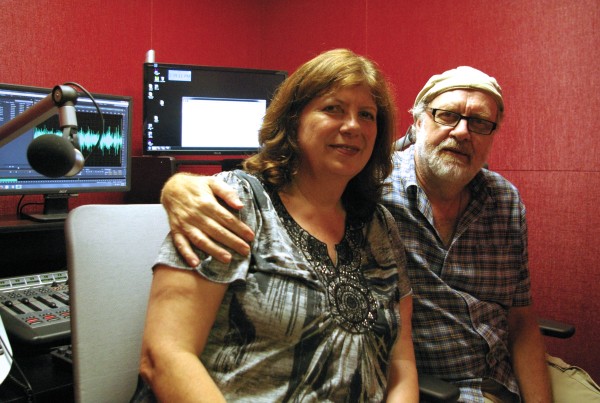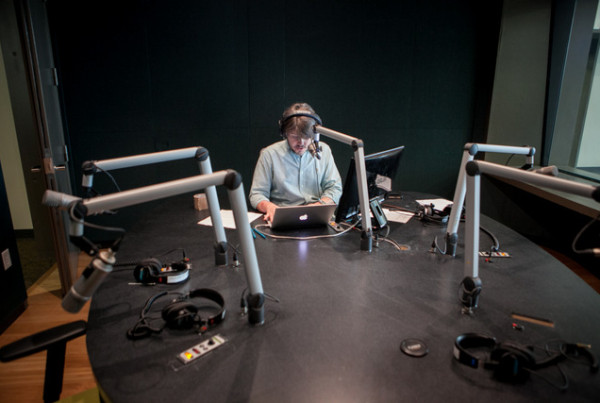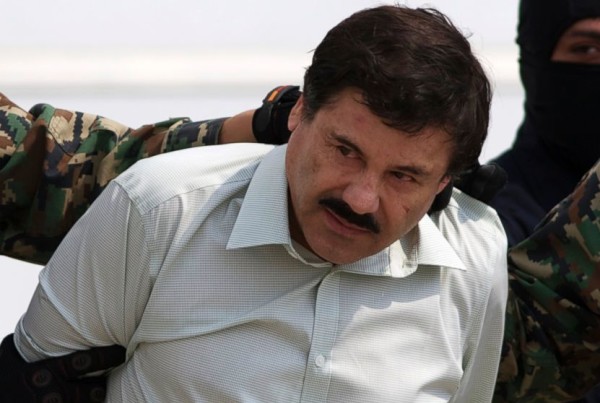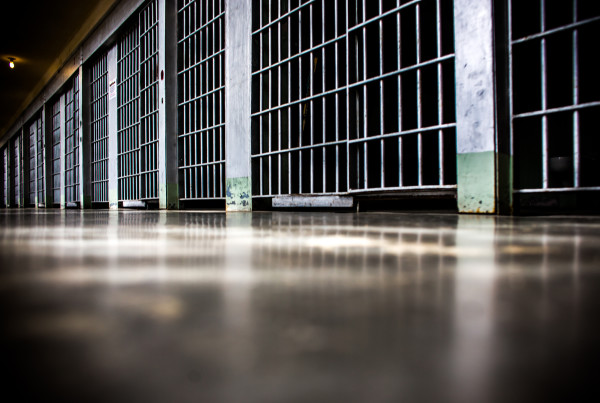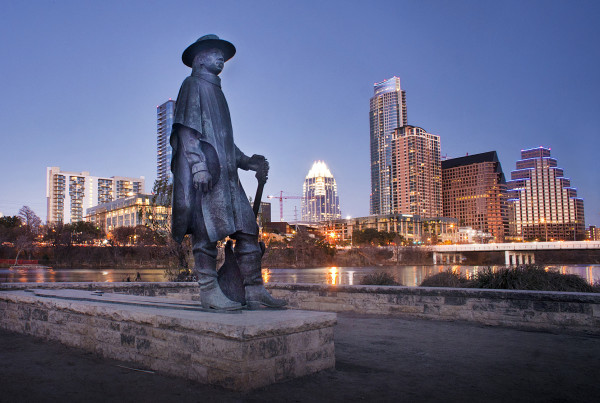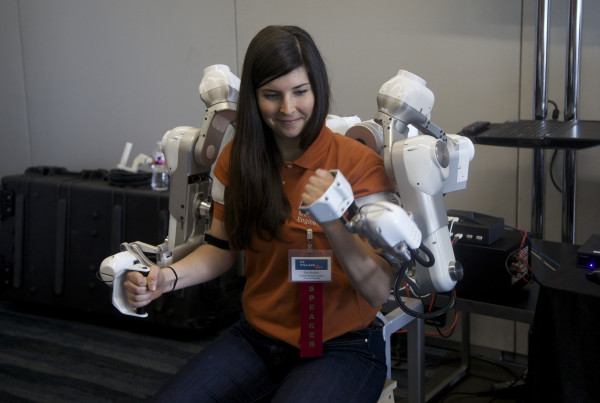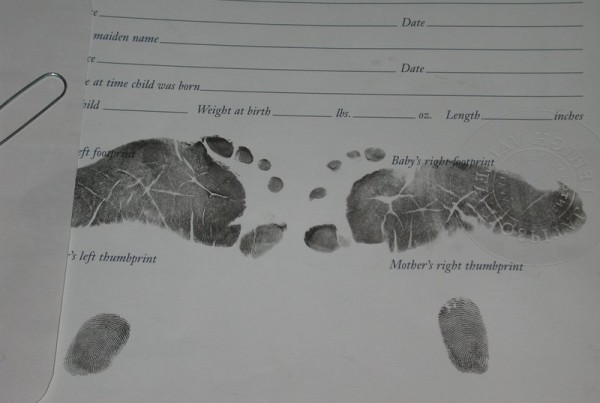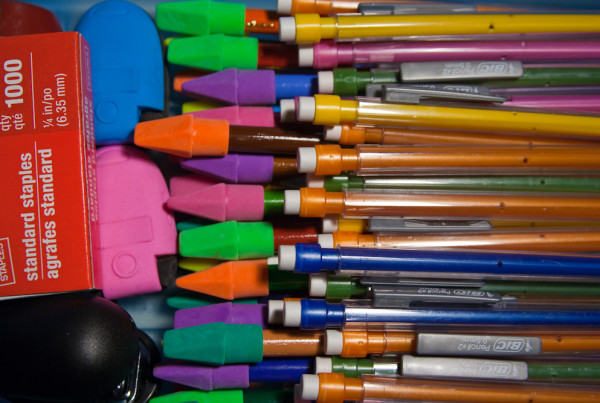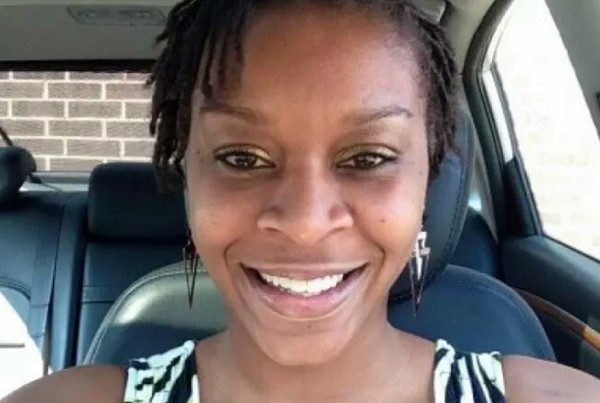The city of McAllen, Texas in the southern region of the Rio Grande Valley does not look the same as it did a year ago.
Imagine pulling into the bus station on a hot summer night and seeing many bodies walking under streetlights and in the shadows
McAllen Health Director Josh Ramirez doesn’t have to imagine this scenario since he was there last summer as the whole thing unfolded and witnessed it firsthand.
“You have 200 people waiting to get a bus the following day,” Ramirez says. “These are moms with kids, so they’re finding ways to sleep in the streets in our benches in the street.”
Even today it’s hard for Ramirez to shake the images from his memory of last summer, during the peak of the refugee crisis.
“Nobody was informed, nobody was told,” Ramirez says. “We just thought we had a lot more people and that it was great for business, but not realizing what was happening.”
The McAllen bus terminal served as the first stop for many of the processed migrants who were brought in by the Border Patrol and then bussed to detention centers and immigration court.
Executive Director of Catholic Charities in the Rio Grande Valley Norma Pimentel led an effort to provide short-term relief for these refugees.
Pimentel says her group has seen more than 21,000 people since opening the shelter last summer and they have provided food, clothing, hot showers and medical help.
Last year the group witnessed groups of 200 people a day and in the winter the number of people crossing into the United States started to dip, but she says the numbers are back on the rise. They’ve started receiving groups of 100 people a day.
Pimentel says that the stories of the people crossing from last year and this year remain the same.
“They fear for the lives of their children and the violence in their country is horrible,” Pimentel says. “They’re after their children and they want to recruit them and they want to take them away and do horrific things to them.”
Catholic Charities is not the only group providing some assistance with the relief.
The city of McAllen has spent almost $400,000, which comes from the city’s budget, to provide showers and tens, needed equipment and personnel.
The expense continues to climb and McAllen’s mayor Jim Darling says the city is ready for a federal reimbursement, but he’s hit a bureaucratic brick wall.
“Congressman Cuellar got money designated for us in a grant authorization from the federal to the state and by the time the application was available to us all the money had been allocated to someone else,” says Darling.
Despite the ongoing search for resources things are looking better in McAllen, well at least on the surface.
Mayor Darling and others in the area fear the refugee issue will continue to be felt until something is done to address the underlying problem.


